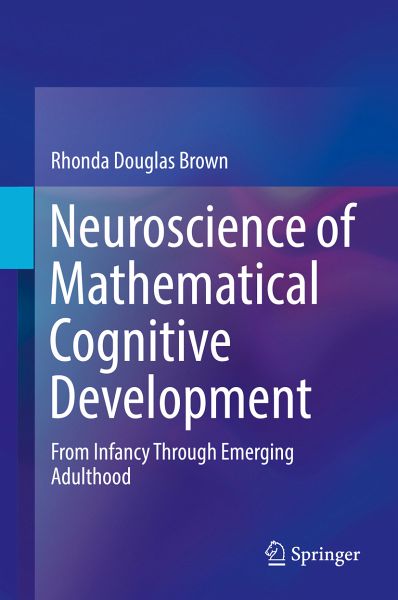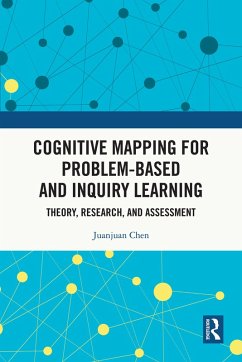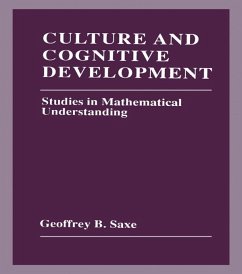
Neuroscience of Mathematical Cognitive Development (eBook, PDF)
From Infancy Through Emerging Adulthood
Versandkostenfrei!
Sofort per Download lieferbar
72,95 €
inkl. MwSt.
Weitere Ausgaben:

PAYBACK Punkte
36 °P sammeln!
¿This book examines the neuroscience of mathematical cognitive development from infancy into emerging adulthood, addressing both biological and environmental influences on brain development and plasticity. It begins by presenting major theoretical frameworks for designing and interpreting neuroscience studies of mathematical cognitive development, including developmental evolutionary theory, developmental systems approaches, and the triple-code model of numerical processing. The book includes chapters that discuss findings from studies using neuroscience research methods to examine numerical ...
¿This book examines the neuroscience of mathematical cognitive development from infancy into emerging adulthood, addressing both biological and environmental influences on brain development and plasticity. It begins by presenting major theoretical frameworks for designing and interpreting neuroscience studies of mathematical cognitive development, including developmental evolutionary theory, developmental systems approaches, and the triple-code model of numerical processing. The book includes chapters that discuss findings from studies using neuroscience research methods to examine numerical and visuospatial cognition, calculation, and mathematical difficulties and exceptionalities. It concludes with a review of mathematical intervention programs and recommendations for future neuroscience research on mathematical cognitive development.
Featured neuroscience research methods include:
- Functional Magnetic Resonance Imaging (fMRI).
- Diffusion Tensor Imaging (DTI).
- Event Related Potentials (ERP).
- Transcranial Magnetic Stimulation (TMS).
Neuroscience of Mathematical Cognitive Development is an essential resource for researchers, clinicians and related professionals, and graduate students in child and school psychology, neuroscience, educational psychology, neuropsychology, and mathematics education.
Dieser Download kann aus rechtlichen Gründen nur mit Rechnungsadresse in A, B, BG, CY, CZ, D, DK, EW, E, FIN, F, GR, HR, H, IRL, I, LT, L, LR, M, NL, PL, P, R, S, SLO, SK ausgeliefert werden.












